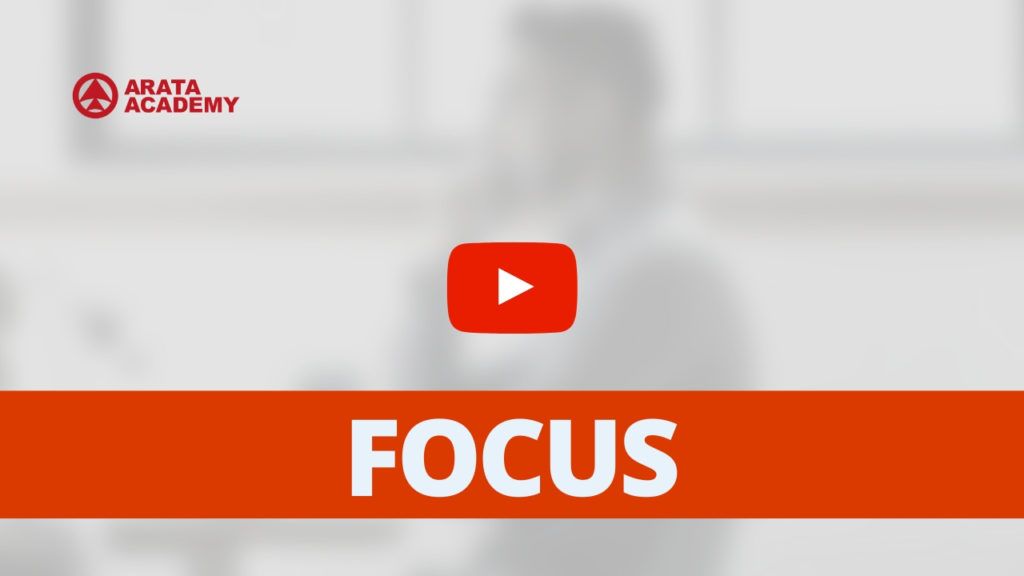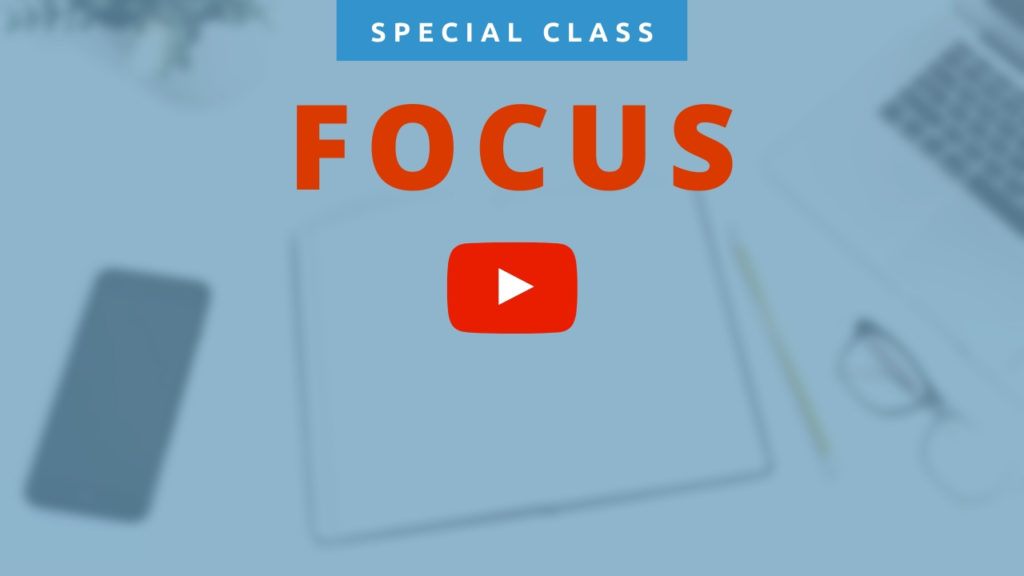Hello! Seiiti Arata. You and I and all the people who are connected to the internet have the same problem: too much information. I remember back when I was a kid, and we had an analog camera. We used film, you know? Nowadays we can take photos at any time—everyone has a mobile phone in their pocket with a reasonable camera—but at that time, taking a picture was always an event. Because the film was very expensive, we would only photograph family reunions, birthdays, or trips—special and infrequent events. A roll of 24 or 36shots could last several months until the day my parents took it to be developed.
We had far fewer photos than we have today. Just take a look at the gallery on your mobile phone. Most likely you have several repetitive photos of the same things.
Before the internet.
There are several examples of how the internet has changed the world. To send a letter, we needed to pick up a pen and paper, to write it, to go to a post office and wait for the postman’s deadline. With the internet, we have dozens and even hundreds of daily notifications from not only email but also Facebook, Twitter, Whatsapp, Instagram and any other social network that we subscribe to.
In the past, the main sources of information, such as newspapers, were usually local. To gain access to information produced in other locations, we had to pay a very high price through newsstands that specialised in imported content. Today, we get news from around the world in a few clicks.
In fact, sometimes we don’t even have to click—information and news automatically jump in front of us in the many “timelines” we follow.
How to deal with so much information.
I believe there are two main approaches that we can take in the face of so much information. Before in the more analog world, we had less information to manage, so it was easier to handle everything. With this gigantic avalanche of data we receive daily, we need to develop a special ability to process everything.
1. Do nothing about it
The passive approach is simply to let life happen. You go along without a specific strategy and keep track of social media when you can. And when you can’t, you ignore it.
For example, there are days when you open your email daily and respond to everything. And there are other moments that you just let everything accumulate, and you count on the goodwill of the person sending you a new email to ask why you don’t respond.
The result of doing nothing to manage the information that you may end up overlooking some important things, or embarrassing yourself in professional situations because you haven’t paid attention to urgent matters. You may miss out on interesting events in your personal life, too.
Left untended, your email inbox will get full and messy. Your computer’s desktop will, too, and what about that folder where you download all the files you receive by e-mail? Or after you’ve done a search on the internet for a recipe?
Everything will be mixed up—a three-year-old airfare promotion with the last reunion picture with friends. Lack of organizational criteria has a name: a mess. When you don’t organize yourself with sensible criteria, you will end up paying the price later, wasting time to find things.
2. Taking control
The other way is to avoid the pain is by paying the price in advance: you spend your time and energy every day to clean the inbox, filter the important notifications and emails, and respond promptly to everything that comes in. As soon as the smartphone vibrates or whistles, you jump to respond and clear that notification as soon as you can.
It’s quite clear what the benefits are—and also the problems—with this approach. Things don’t pile up or get messy in front of us, but we are spending more time dealing with the information onslaught. We will likely face great difficulty in staying focused on a single, important activity.
The apparent speed with which we respond to and take care of everything may seem like productivity, but in the end, it will affect our quality of life. It also creates another kind of anxiety—we think we need to be connected all the time.
Then, when we want to enjoy family or friends, we have that irresistible compulsion to take a look at the mobile phone. I talked about this issue in this video: [ http://arata.se/ps15 ]
Another possible path.
My goal is for you to learn how to evaluate the time you use to process the information as it arrives versus the time you spend creating systems to help you process the information.
Let me explain: I receive many emails from airlines and from my miles programs. I could click to unsubscribe from these mailing lists, but if I do, I’ll end up missing some exclusive offers they send me. Or Irun the risk of losing the points because I am not following their expiration date.
The best way I’ve found to process this information by opening the emails whenever they arrive. I take a quick look, if I don’t see anything important, no cool offer, I simply close and delete.
I have found that it brings me a lot more value to rethink the way I deal with this information. Let’s say a great promotion comes along. If I’m too busy with other activities, though, I will not be able to travel. I realised that I’m only interested in promotions when I’m actively looking for them.
Because of this, I have a filter in my email that always archives emails about that topic. Travel-related messages arrive and are archived automatically. They don’t clutter my inbox, and they don’t go into the trash. They become available for me to search through them when I am interested in taking a trip.
And regarding the risk of losing points, instead of consulting emails notifying me of due dates and deadlines, I use my calendar application. I create a notification close to the points’ expiration date. That way, I know I need to use the miles before they expire.
In this example, I could spend 15 minutes a day reading emails and deciding what to do, or I could spend 15 minutes on one single day to create the email filters and some reminders in my calendar. Obviously, the second option generates a lot more value, because I do the activity only once, and it solves my problem once and for all.
With so much information available and jumping up in front of us at every turn, we need a healthy informational diet. Whenever you realize that something is coming up, ask yourself: do I really need this? Does it make sense for me to consume this much information like this? Or should I search for this information only when I need it?
Dealing effectively with email and other information is one of the fundamental skills of an organized person. I wrote a mini eBook that you will be able to read in seven minutes. It contains valuable material about organization and can help you to be a more organized person now. To download the eBook for free, just go to this link: https://arata.se/focusandorganization

